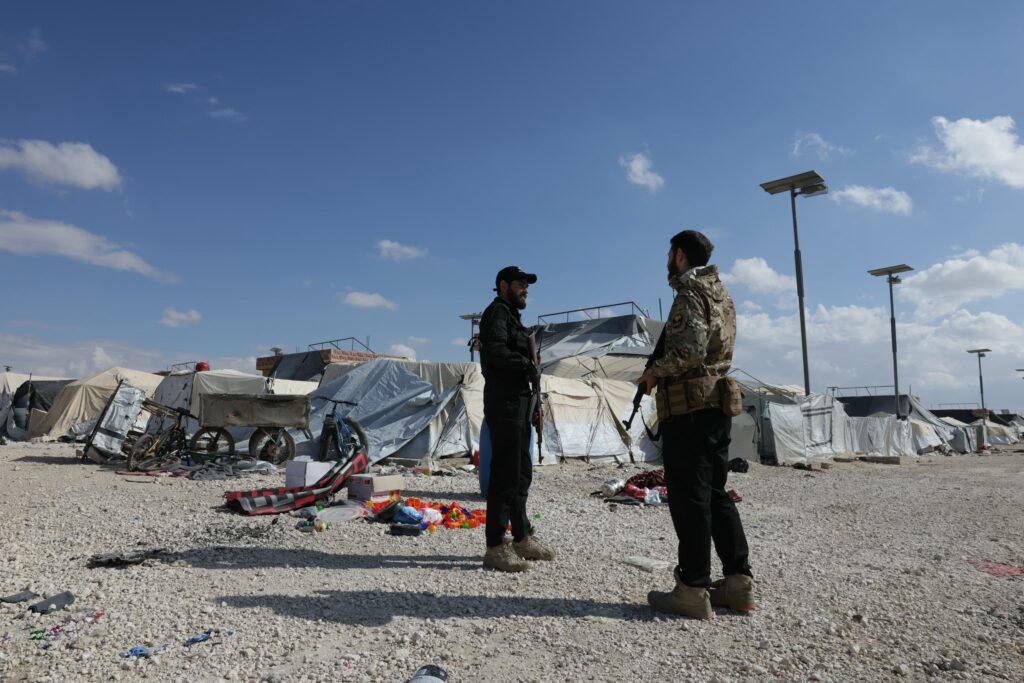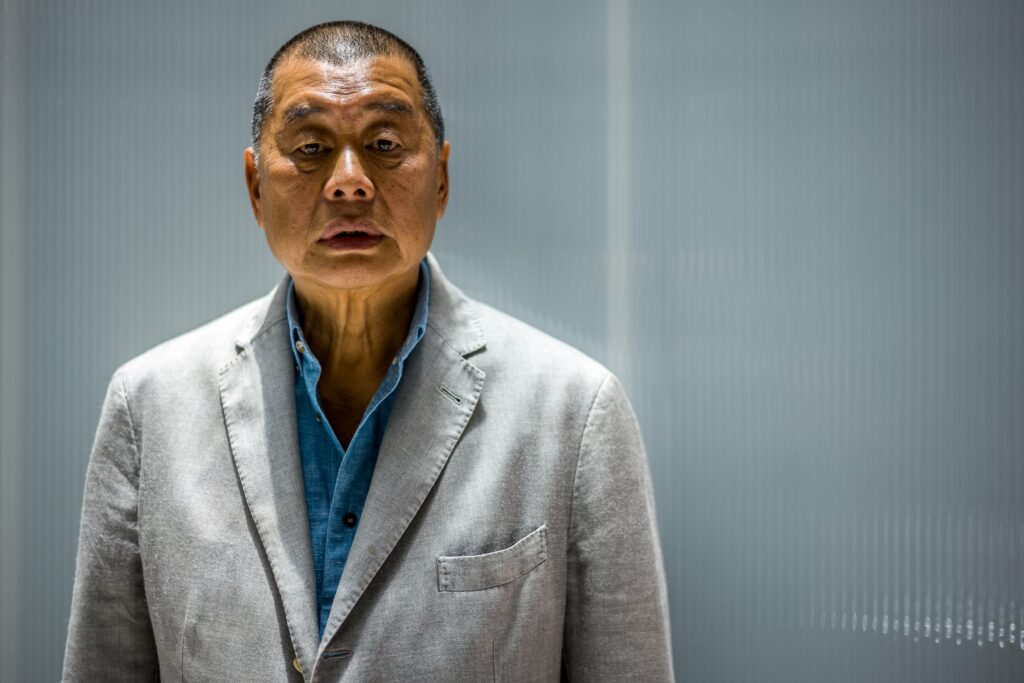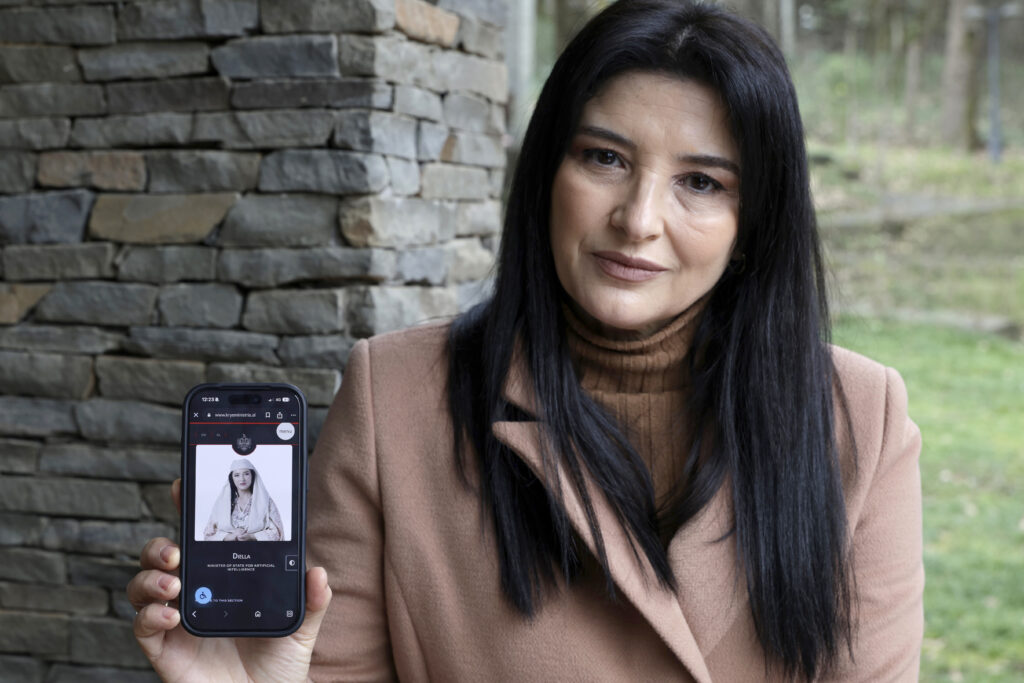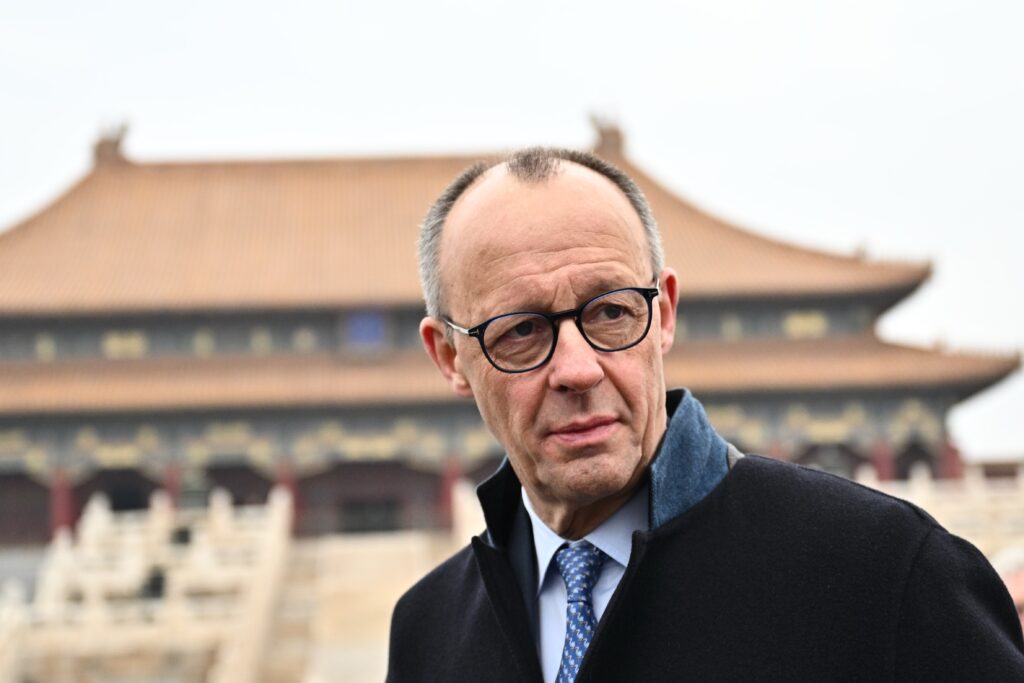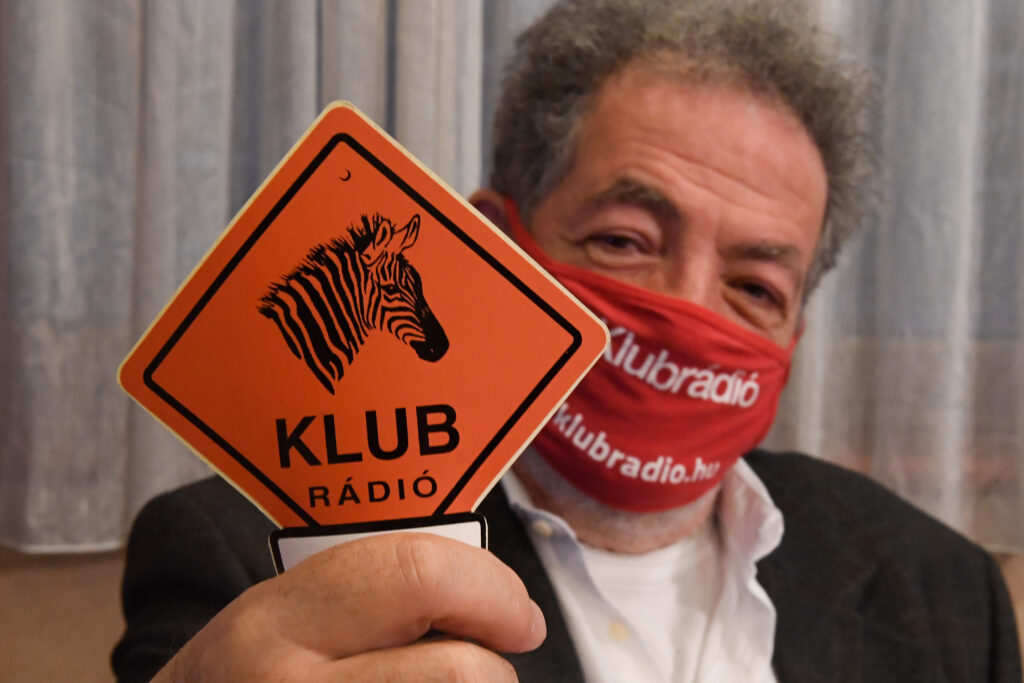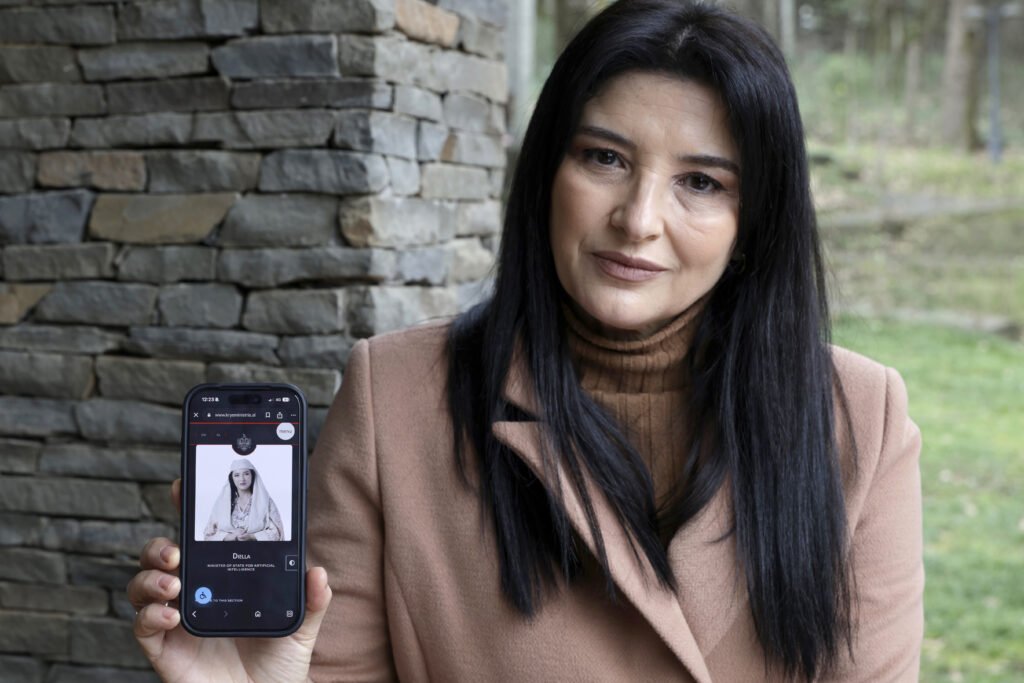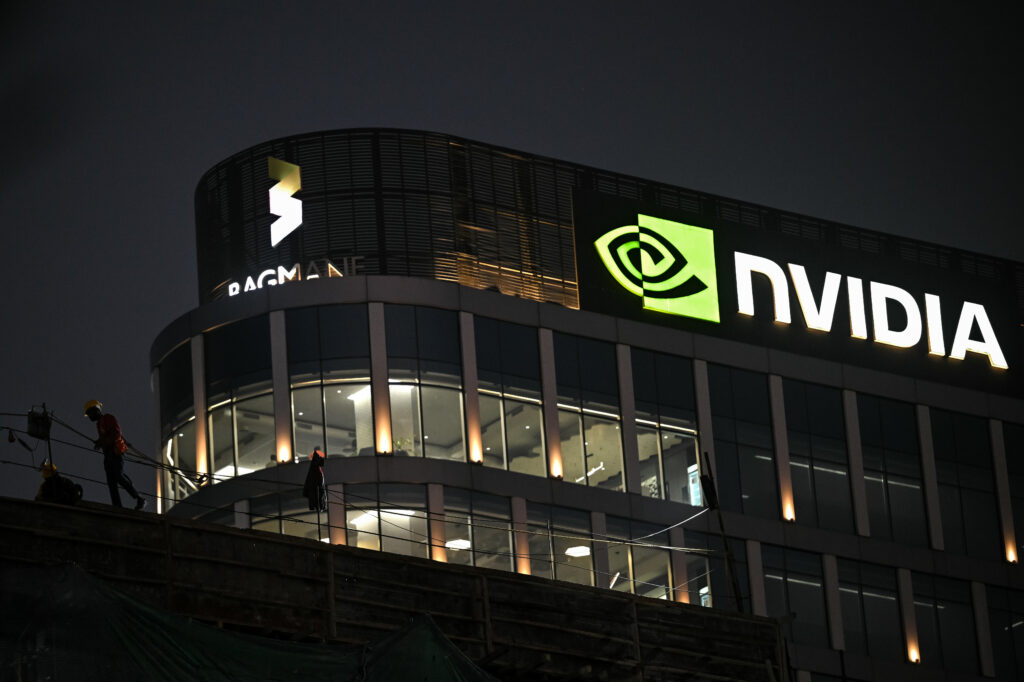Prélude à un accord ou à la guerre? L’Iran et les Etats-Unis mènent jeudi une troisième session de pourparlers indirects en Suisse, ultime tentative pour éviter une confrontation militaire après un déploiement américain massif au Moyen-Orient.Donald Trump avait lancé le 19 février un ultimatum de “10 à 15 jours” pour décider si un accord avec Téhéran était possible ou s’il allait recourir à la force. Et mercredi, le vice-président JD Vance a conseillé à l’Iran de “prendre au sérieux” les menaces américaines.Les deux délégations ont entamé les discussions dans la matinée à la résidence de l’ambassadeur d’Oman, pays médiateur, près de Genève, ont constaté des journalistes de l’AFP. Elles ont marqué une pause trois heures plus tard pour consulter leurs capitales respectives. La reprise est prévue vers 17H00 GMT, selon le porte-parole du ministère iranien des Affaires étrangères, Esmaïl Baghaï, qui a fait état de discussions “intenses”, marquées par des “propositions concrètes”. Washington veut arracher un accord empêchant notamment l’Iran de se doter de l’arme nucléaire, une crainte des Occidentaux qui nourrit de longue date le différend avec l’Iran.Taxé par le président américain de “sinistres ambitions nucléaires”, l’Iran a réaffirmé jeudi son refus de la bombe atomique.- Portée des missiles -Autre sujet de discorde: le programme balistique iranien.Alors que Washington exige d’aborder cette question, la diplomatie iranienne a affirmé que seul le dossier nucléaire serait débattu.Elle a d’ailleurs souligné la présence aux discussions du directeur général de l’Agence internationale de l’énergie atomique (AIEA), Rafael Grossi.D’après le chef de la diplomatie américaine Marco Rubio, ce refus d’aborder le dossier balistique est “un gros problème”.L’Iran a “développé des missiles qui peuvent menacer l’Europe et nos bases” militaires et cherche à en concevoir des plus puissants encore, capables “d’atteindre bientôt les Etats-Unis”, a assuré mardi le président Trump, dans son discours sur l’état de l’Union.C’est dans ce discours, temps fort de la vie politique américaine, que le président George W. Bush avait en son temps exposé ses arguments en faveur de l’invasion de l’Irak de 2003.Téhéran, qui affirme avoir limité la portée de ses missiles à 2.000 km, a dénoncé de “gros mensonges”.L’Iran dispose d’un large arsenal d’engins conçus localement, notamment des Shahab-3, qui peuvent atteindre Israël, son ennemi juré, et quelques pays d’Europe orientale.- “Idées nouvelles et créatives” -Malgré les divergences, le ministre des Affaires étrangères Abbas Araghchi, chef de la délégation iranienne, veut croire un accord “à portée de main”.”Les négociateurs font preuve d’une ouverture sans précédent à des idées et solutions nouvelles et créatives”, a salué le ministre omanais des Affaires étrangères, Badr al-Busaidi, après avoir rencontré l’équipe américaine, représentée par l’émissaire Steve Witkoff et le gendre du président américain, Jared Kushner.Les deux pays ennemis ont repris le dialogue début février à Oman, puis se sont retrouvés une première fois en Suisse le 17.Un précédent cycle de négociations avait été interrompu au printemps 2025 par la guerre déclenchée par Israël contre l’Iran, à laquelle Washington s’était joint pour frapper des sites nucléaires iraniens.Téhéran met en avant son droit au nucléaire civil, en vertu du Traité de non-prolifération (TNP) dont il est signataire.- Etudiants suspendus -Les nouvelles tensions sont apparues après la répression dans le sang en janvier d’un vaste mouvement de contestation en Iran. Donald Trump avait alors promis de venir “en aide” au peuple iranien.De nouveaux rassemblements ont eu lieu ces derniers jours dans les universités, et trois étudiants ont été suspendus pour avoir brûlé le drapeau de la République islamique, adopté après la révolution de 1979 qui a renversé la monarchie.Washington compte actuellement 13 navires de guerre au Moyen-Orient. Il a déployé deux porte-avions dont le Gerald Ford, le plus grand au monde, qui a repris la mer jeudi après un arrêt de quelques jours sur une base navale de Crète, selon un photographe de l’AFP.
